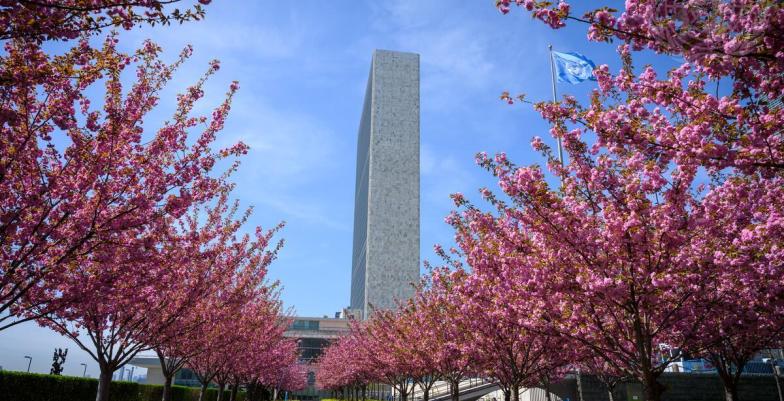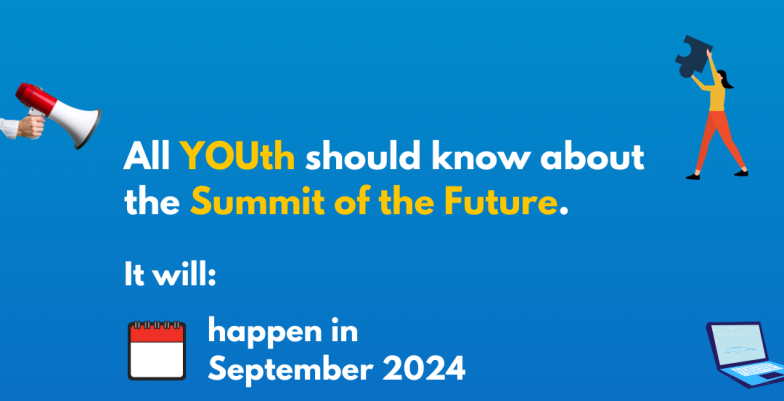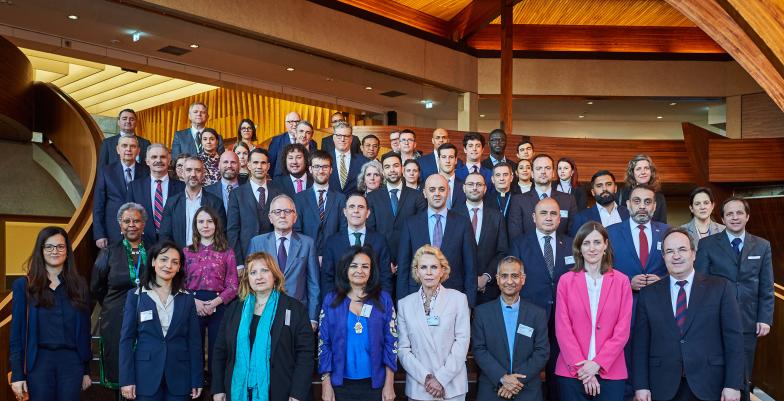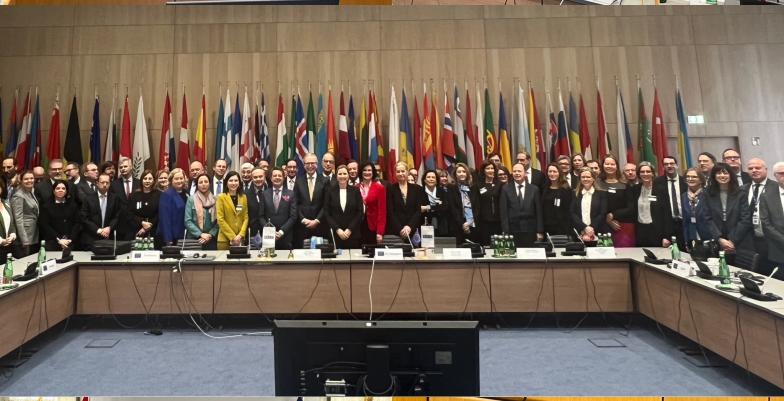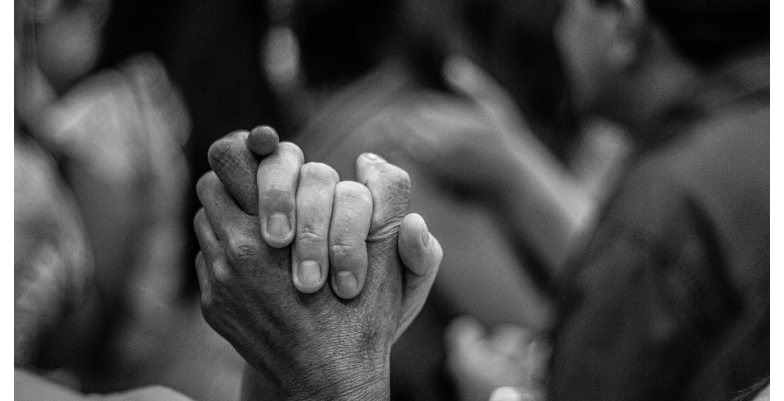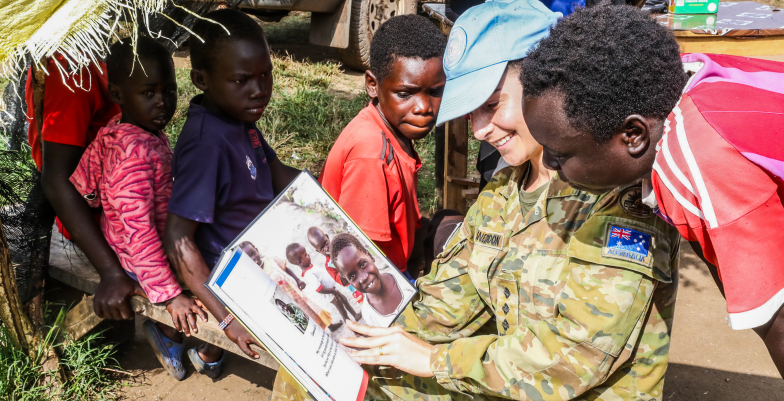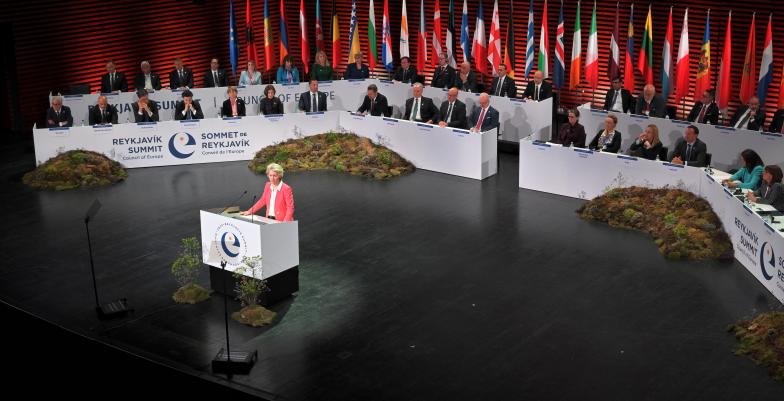EU agenda for a renewed multilateralism
Under the leadership of High Representative and Vice-President Kaja Kallas, the EU continues to promote a rules-based international order, grounded in the principles of the UN Charter, international law, and the universal respect for human rights. The EU’s approach to multilateralism reflects its ambition to be a credible, reliable, and forward-looking partner.
Navigate the topic
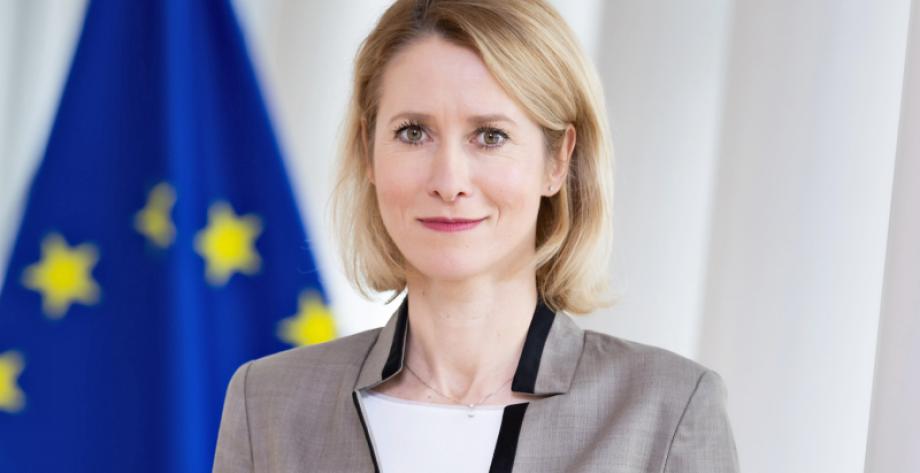
The adoption of the UN Pact for the Future sent a clear signal: the global demand for cooperation remains strong. The Pact offers a blueprint for a more just, inclusive, and effective system. The UN80 Initiative is another crucial step towards making the United Nations stronger, more agile, efficient, and more accountable. The European Union supports these efforts, committed to ensuring that the UN is fit for purpose and capable of delivering for all.
EU action to strengthen rules-based multilateralism
In recent years, the EU has intensified its engagement as a global player and is translating multilateralism into action, in line with the Council Conclusions on EU action to strengthen rules-based multilateralism. The EU and its Member States will continue to harness their convening power in support of effective multilateralism by bringing global actors together towards common solutions and will advance strategic priorities and interests multilaterally, in order to ensure a safer and more stable world. Collective solutions are the only sustainable path to tackle the complex challenges we face - from peace and security to sustainable development and upholding human rights. The United Nations is a unique forum to provide an equal voice for all.
Advancing multilateral reform
The EU supports the UN80 initiative, launched by UN Secretary-General António Guterres on 11 March 2025, as a bold and necessary reform effort to make the United Nations more effective, responsive, and fit for purpose.
In its March 2025 Council Conclusions, the EU expressed its readiness to work with all partners and with the UN system to advance the UN’s internal reform process. For the European Union UN80 is an opportunity to ensure the UN remains cost-efficient, accountable, and resilient, capable of delivering on its mandates and adapting to future challenges.
The implementation of the Pact for the Future, adopted in September 2024, is a key stepping stone toward achieving this vision. The Pact brings together concrete commitments to accelerate the SDGs, strengthen international cooperation, and reform the global financial architecture. The EU considers the Pact an essential framework to revitalise the UN system and make multilateralism more inclusive, transparent, and effective.
What does the European Union stand for?
The EU’s priorities for the 80th session of the UN General Assembly are set out in its Council Conclusions adopted on 23 June 2025. They renew the EU’s commitment to multilateralism based on international law, including the UN Charter, recognising the intrinsic link between peace and security, human rights and sustainable development.
Further, the EU’s wider strategy to strengthen its contribution to rules-based multilateralism is set out in the Joint Communication adopted on 17 February 2021 by the High Representative and the European Commission. It defines the EU’s vision and priorities for global cooperation, and reaffirms the Union’s commitment to using every means available — political, diplomatic, financial, and normative — to promote peace and security, uphold human rights and international law, and support coordinated responses to global challenges.

